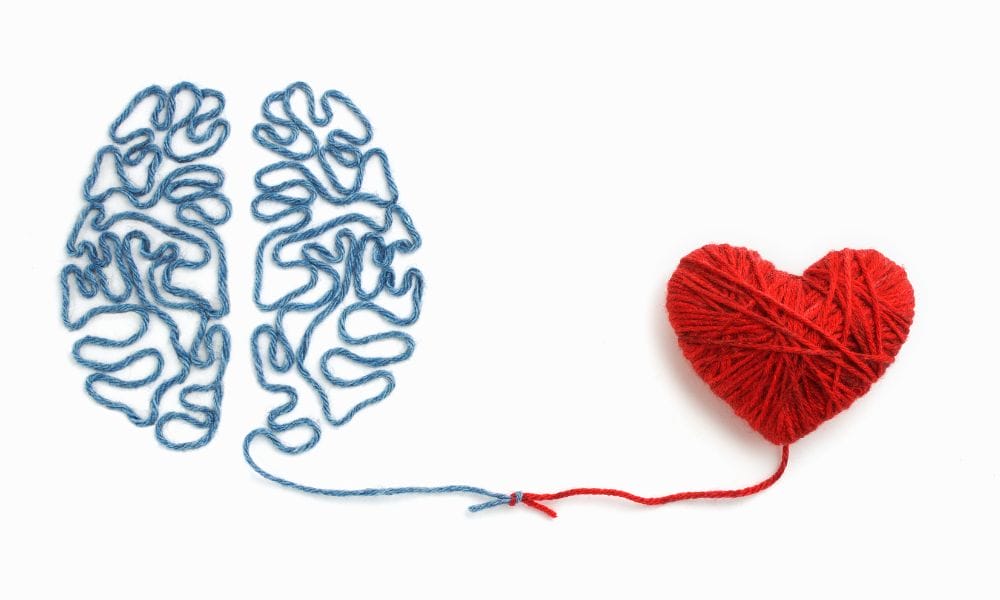Mental health disorders affect more than just thoughts and emotions. They can also have a serious toll on the body and physical health. Many mental health disorders affect cardiovascular health. Without treatment, illnesses such as depression or anxiety can contribute to heart failure and other dangerous conditions. Knowing the ways that mental health affects the entire body—including the cardiovascular system—is crucial to providing comprehensive treatment for your patients. Learn more about the mental health disorders that affect heart health with this guide.
Depression
Depression is a mood disorder that can cause intense feelings of sadness, guilt, or numbness. In addition to affecting your mood and emotions, depression can create negative thought patterns and disrupt healthy habits such as a balanced diet or exercise routine.
Depression also increases production of the stress hormone cortisol. Elevated cortisol can increase your heart rate, tighten blood vessels, and cause other problems with the cardiovascular system.
People with depression also struggle with maintaining healthy habits or avoiding unhealthy ones. From skipping workouts because you lack mental or physical energy to drinking excessively to cope, these unhealthy behaviors can contribute to high blood pressure, high cholesterol, and heart failure.
Anxiety Disorders
Anxiety puts a significant amount of stress on the body, and that stress can affect cardiovascular health. One common symptom of anxiety is rapid heart rate, or tachycardia. In serious and prolonged cases of anxiety, tachycardia can negatively affect normal heart function and increase your chances of cardiac arrest. Anxiety can also cause an increase in blood pressure, which can lead to coronary disease, weakened heart muscle, or even heart failure in extreme cases.
Anorexia Nervosa
Anorexia nervosa is an eating disorder that involves harmful weight loss from self-starvation, over-exercising, or other methods. Anorexia can quickly lead to malnutrition, dehydration, and other conditions that negatively affect both the brain and body—including the cardiovascular system. Limited caloric intake can break down heart muscles, slow down heart rate, cause low blood pressure, and cause the heart to shrink in size over time.
Mental health and physical health go hand in hand. Understanding how mental health disorders affect heart health allows you to preserve your patients’ mental and physical wellness so that you can offer them the best care possible.







